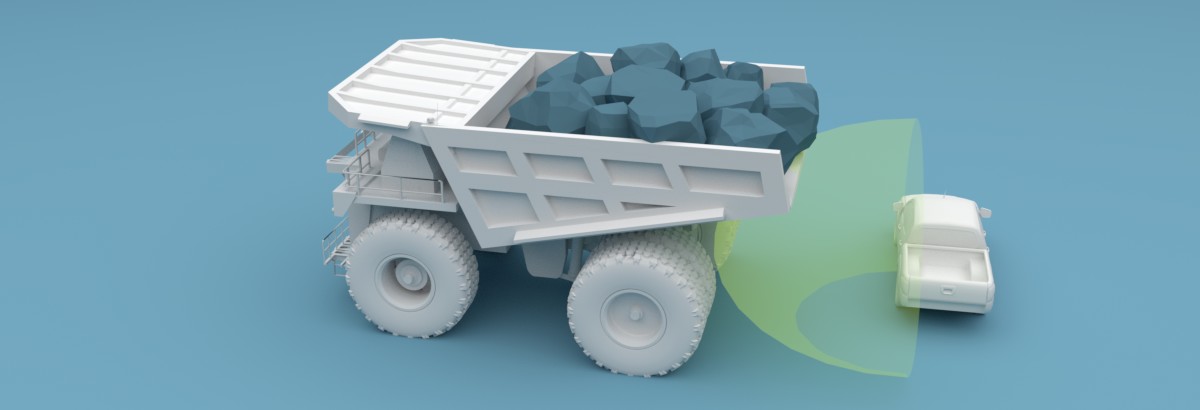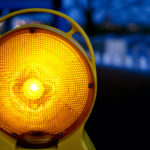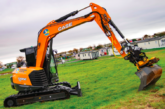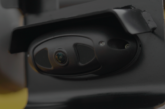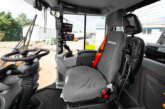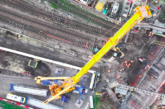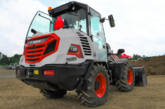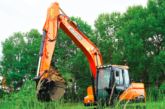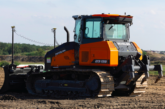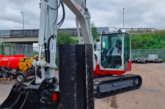Brigade Electronics is improving safety for night-time road construction workers.
Night-time road works and motorway improvements have increased in recent years with many road construction companies now choosing to undertake improvements in the hours of darkness.
While operating overnight provides clear benefits for those using the road network – minimising disruption and reducing diversions for commuters – there are serious implications for construction workers’ safety due to poor visibility and worker fatigue.
Blind spots on vehicles are a major contributing factor to collisions, and are often the main reason groundworkers are killed or injured, with dusty worksites and difficult weather conditions often exacerbating the issue. Meanwhile, ground workers who are required to wear ear defenders cannot always hear a vehicle approaching.
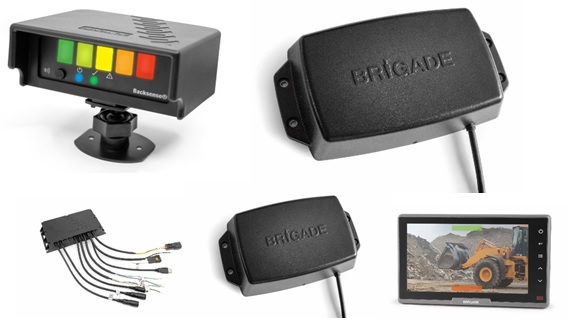
Vehicle safety systems are helping to address this issue. While passive systems, such as mirrors and cameras, will help assist a driver to spot objects in a vehicle’s blind spot, active systems, including operator alerts and reversing alarms, ensure that drivers receive an immediate warning that an object is present, and pedestrians are aware instantly that a vehicle is nearby.
Emily Hardy of Brigade Electronics, a global leader in vehicle safety systems, explains the importance of active systems for night-time working.
“Work sites present a number of challenges when it comes to visibility. Not only are they dusty and dirty places to be, but when this is combined with night-time hours or difficult weather conditions, it can become increasingly dangerous for ground workers to be spotted by those operating moving vehicles. Active safety systems are therefore crucial to assisting drivers and enhancing safety for workers operating in these conditions. This is why we always recommend that a combination of both passive and active systems, such as cameras and alarms, are fitted to vehicles for the ultimate safety solution.”
These include Brigade’s Backeye360, which provides the driver with a complete surround view of the vehicle in real time in a single image. The system combines images from ultra-wide-angle cameras, resulting in a ‘bird’s-eye view’ of the vehicle and surrounding area in real time, meaning drivers can clearly see people and objects as they manoeuvre their vehicles.
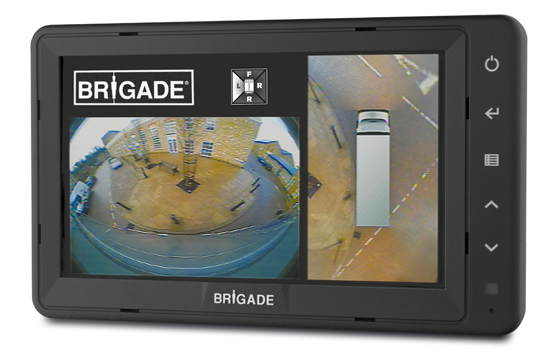
Active technology like radar obstacle detection can detect stationary and moving objects even in the harshest of environments, including in darkness, giving the driver an audible and visible warning when objects are within a certain distance. Heavy duty radar systems, which are waterproof and smoke resistant, can even operate in high or low temperatures, and can easily be heard in noisy environments, making them ideal for construction sites.
One construction company which has benefited from installing safety technology on its vehicles is UK-based business Day Aggregates. It fitted Brigade’s Backsense heavy duty radar sensor system onto its fleet of shovel loaders, telehandlers, and trucks.
In the last few years of recording incidents, which are split by ‘damage’ and ‘near miss’, the company has reported that this technology has been key to reducing incidents and improving safety.
Operator Darren Harfield agrees: “It [the radar] is an extra back up when looking in numerous mirrors and using reversing aids. If you’re distracted, for example because someone suddenly asks you a question on the radio, you can be trying to take in too much at one time. The radar system prevents this. There’s an in-cab display that presents different colours and beeps when anything comes within a certain distance of the vehicle, so it’s not just visual prompts, but audible alerts too.”
